Myanmar , Feb 28 (V7N) – The world witnessed nearly 300 internet shutdowns last year, with 85 of those in Myanmar alone, according to a new report by Access Now, a non-profit organization focused on digital rights.
The Southeast Asian country is still in the grips of a fierce civil war between the ruling junta and various rebel factions. The junta started imposing internet shutdowns when a nationwide armed resistance erupted in the wake of the February 2021 coup. Initially the military authorities insisted the shutdowns were for "stability" to prevent what they described as fake news. But four years on, according to the Access Now report, those shutdowns have gotten worse.
Titled Emboldened offenders, endangered communities: internet shutdowns in 2024, the document details scores of local, regional and nationwide outages mostly orchestrated by the military officials.
"For the fourth consecutive year, the Myanmar military remained one of the world's worst perpetrators of internet shutdowns in 2024 — clear evidence of the junta's blatant disregard for international human rights order and increasing weaponization of connectivity to disempower people in Myanmar," said Wai Phyo Myint, Asia Pacific Policy Analyst at Access Now.
Dozens of shutdowns coincide with atrocities
The Myanmar military ordered 76 out of 85 disruptions. Interestingly, the Chinese government imposed two cross-border shutdowns in Myanmar and Thailand imposed four, with rebel administrators and unknown actors listed as responsible for the remaining ones.
Sometimes, the shutdowns would only affect mobile connectivity or only broadband internet. In other occasions, the blackout would be complete.
The overwhelming majority of them were imposed in conflict areas.
The Access Now report found that 31 shutdowns coincided with documented grave human rights abuses in Myanmar and at least 17 shutdowns imposed by the junta correlated with airstrikes on civilians.
Toe Zaw Law, a veteran journalist from Myanmar, said the junta was trying to control the narrative inside the country.
"It's no surprise. Myanmar has one of the worst censorships on digital platforms," he told DW.
"[The military does this] so most of the people can't access independent information or internet mainly, especially young people. They just want one version of truth, the army's version of truth. They make sure there is no independent access to information," he added.
Civilians left with no info on troop movements
On January 1, a new cybersecurity law was enacted in Myanmar, banning the use of VPNs, and penalizing users who share information from banned websites. An unauthorized installation or use of a VPN can now be punished with up to 6 months in prison, and a fine.
The effects of the blackouts and the new, draconian internet laws go beyond just propaganda warfare. Areas controlled by the rebels bear the brunt of the restrictions, according to a report published by Fulcrum, an analytical online outlet focusing on Southeast Asia.
"For the junta, taking these areas off-grid is a two-pronged strategy: to disrupt the flow of information among resistance groups and to isolate these areas from global attention."
"In resistance-controlled areas, civilians have relied on the internet for critical updates on military movements or warnings about airstrikes. An internet blackout and VPN ban effectively blind these communities, making them sitting targets," the report adds.
Starlink as a lifeline
Some anti-junta media organizations and rebel militias are now relying on Starlink — a satellite-based internet connection service by the US-based company SpaceX. But this technology is expensive, hard to obtain, and tricky to access in the war-torn country.
Wunna Khwar Nyo, editor-in-chief at Western News, a media outlet focusing on news in Myanmar's Arakan state, says the internet shutdowns have brought his newsroom in Rakhine to a standstill.
"Last year, we faced a lot of difficulties. Western News journalists and staff went to [other] places to access an internet phone line. We went for an hour on a motorbike to send the news," he told DW.
"Currently, we are using Starlink to access the internet. This is only available for a few hours" for journalists in the country, he added. "On the other hand, our editors-in-exile publish the news regularly."
‘Shutdowns are never acceptable’
Myanmar is one of the world's most dangerous countries for journalists, with several reporters killed in custody since the 2021 coup. Statistics published by the Committee to Protect Journalists for 2024 indicate that a Myanmar reporter is over 18 times more likely to be jailed in the war-torn country than they would be in China, when adjusting for population.
But the Access Now report shows other, less oppressive Asian countries are also experiencing deliberate internet shutdowns. The Asia-Pacific region was the worst in the world in 2024, with 202 shutdowns imposed in 11 countries or territories.
Raman Jit Singh Chima, Asia-Pacific Policy Director at Access Now, said there is a rise of digital authoritarianism in Asia.
"Shutdowns destabilize societies, undermine digital progress, put entire communities at risk, and provide a cloak of impunity for human rights abuses. Authorities from Myanmar to Pakistan are isolating people from the rest of the world with impunity, reflecting the rising digital authoritarianism in Asia," he told DW.
"No matter what method — cable cuts, orders to telcos, or confiscating equipment — shutdowns are never acceptable. The international community must come together and act now to end shutdowns permanently."
END/MSS/AJ



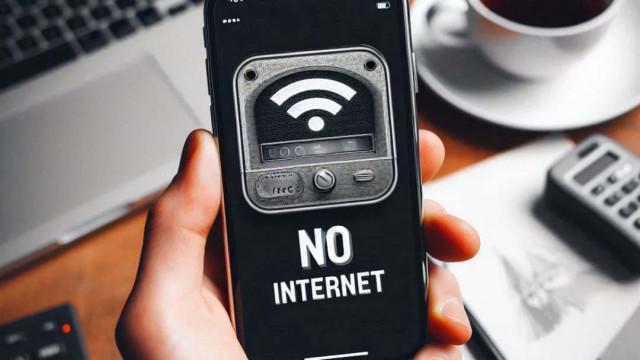

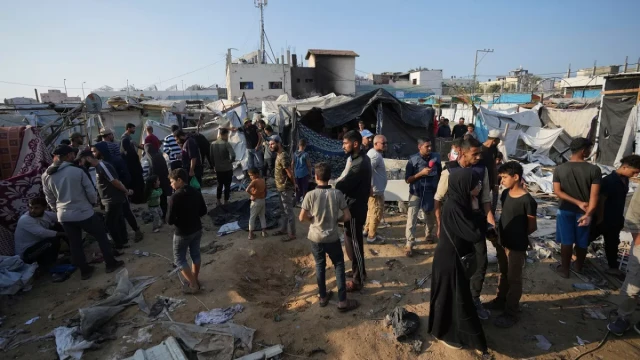
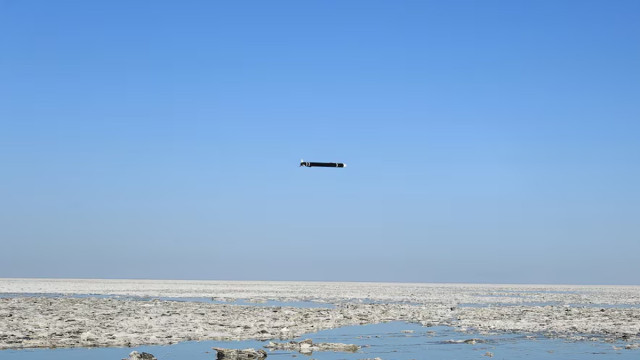




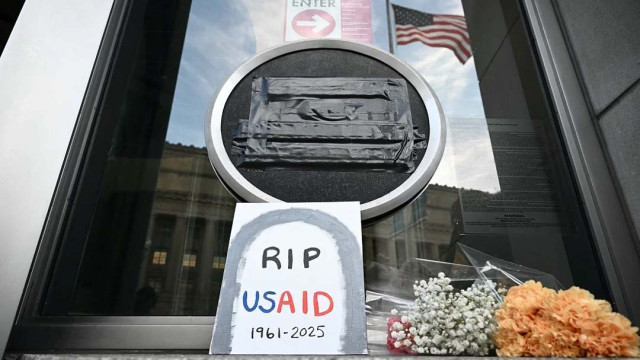

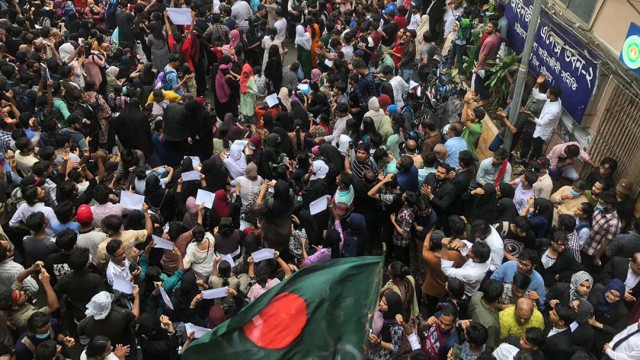







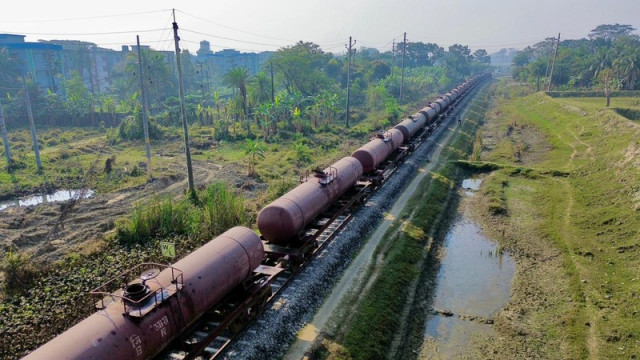




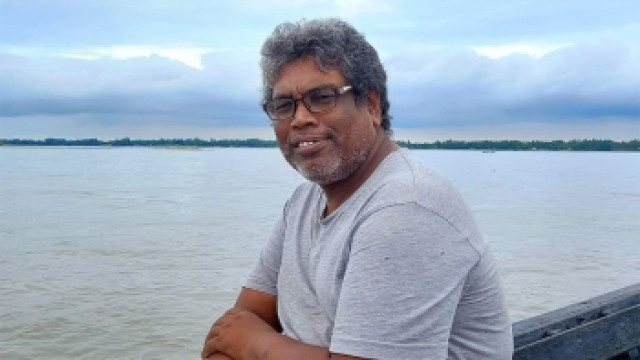
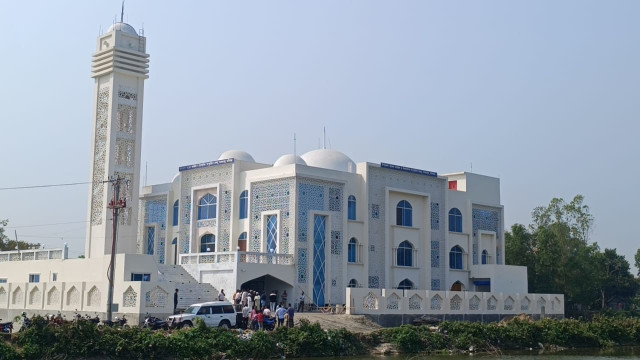


Comment: